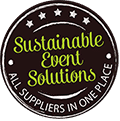Why should you, as an event professional, take a closer look at the Sustainable Development Goals, or SDGs for short? Because integrating the SDGs into events is an important step on the road to sustainability. Because through conscious event planning and the implementation of sustainable practices, your events can also make an important contribution to solving global problems and become a role model for sustainability at the same time. For this reason, we are presenting "SDG 11 - fewer inequalities" to you today.
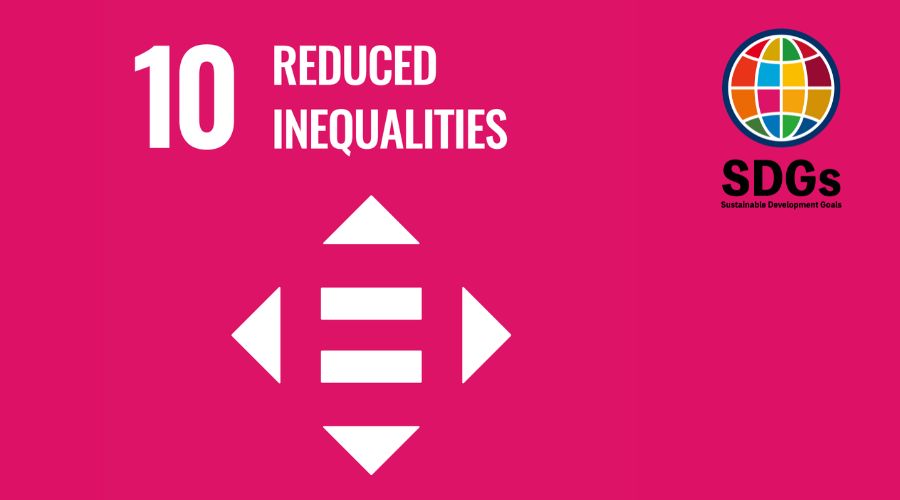
SDG 10 - fewer inequalities
SDG 10 is about making participation in prosperity and the distribution of income more equitable. All people, regardless of age, gender, disability, ethnicity, origin, religion or other differences, should have equal opportunities, be empowered and have their social and political inclusion promoted.
Inequalities can be an obstacle to sustainable development. It follows that we should take action to leave no one behind. By reducing inequalities, we create an inclusive society in which everyone has equal opportunities and access to resources.
This is what SDG 10 means for events
SDG 10 offers us, as event industry stakeholders, the opportunity to help reduce inequalities. By creating inclusive and accessible events that promote diversity and implement sustainable practices, we as event organizers can help create a more equitable and inclusive society.
As an organizer, you can already start with inclusive event planning. This way, you can ensure that events are accessible to all participants. You can also promote diversity and inclusion, implement sustainable event practices, ensure fairness and social responsibility, and promote awareness and education.
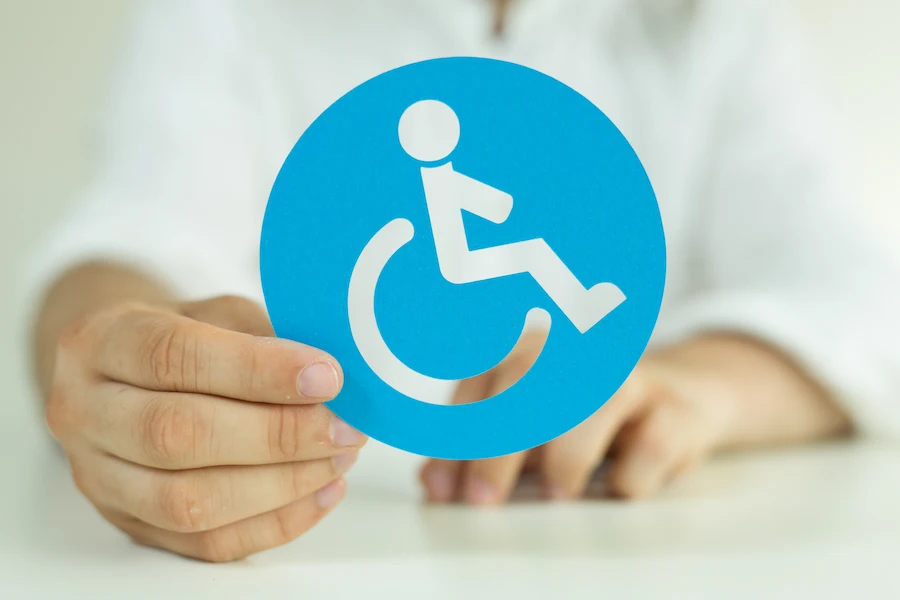
These immediate actions at events pay toward SDG 10
In Germany alone, there are almost eight million people with severe disabilities. The event industry should not exclude them as a target group or as skilled workers, but integrate them in the best possible way.
Events that want to support people with disabilities can create visual fields to the stage and access to catering for people in wheelchairs, for example. It makes sense to have easy-to-read signage, but also audio guides or moderation for people with visual and hearing impairments. These systems have been used at sporting events for years. This describes what is happening on stage or on the playing field and allows everyone to experience it.
To enable participation of all people, training of staff and security is advisable to protect against discrimination, sexualized violence, racism, sexism and any form of hate and violence. The protection of all stakeholders and the participation of all are among the most important prerequisites for sustainable events.
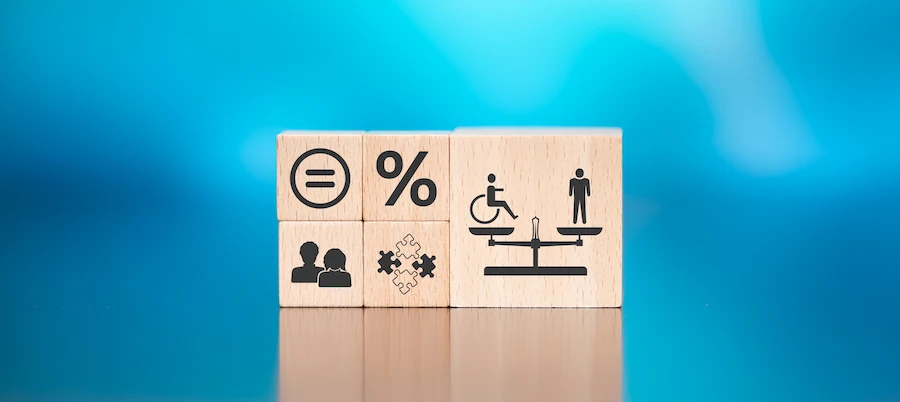
Events that lead by example
For example, neighborhood festivals, cultural events or events to promote intercultural dialogue can help build relationships between different population groups, break down prejudices and promote understanding for one another. One example: "Idstein remains colorful".
Equality and Inclusion Conference
This conference is dedicated to specific topics related to social justice and inequality. It offers workshops, lectures and discussion forums to raise awareness and develop solutions to specific challenges related to equality and social inclusion.
United Nations Forum on Minority Issues
This annual conference focuses on issues of discrimination and inequality against minority groups around the world. The forum provides a platform for the exchange of information, best practices and recommendations to promote equality and protect the rights of minority groups.
Social Impact Festivals:
These festivals bring people together to discuss social issues, raise awareness and promote solutions to inequalities. They provide platforms for social entrepreneurs, nonprofits, and activists to showcase their work and encourage people to get involved.
One example is the Social Good Summit, an annual event organized by the UN Foundation, the UN Development Programme (UNDP) and the 92nd Street Y. The Summit brings together leaders, activists, innovators and opinion leaders from different sectors to discuss solutions to global challenges. This fosters dialogue and inspires people to actively participate in the implementation of SDG 10.
Women's Empowerment Events:
These events focus on strengthening the rights of women and girls and promoting their participation in all areas of society. They provide platforms for sharing experiences, promoting female leadership, and raising awareness of gender inequalities. Examples: She Means Community or Future Woman.
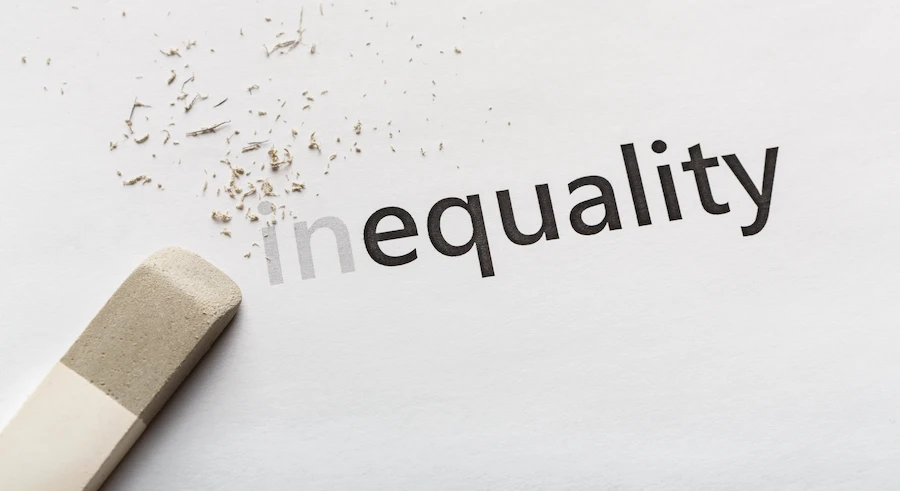
Conclusion
When sustainable events become the standard, their high reach and multitude create enormous potential to change the world in a positive way. Events become part of the solution - be an active part of it.
More information
Sabine Böhling, consultant, trainer and lecturer for sustainability and CSR, and Stefan Lohmann, expert for live entertainment concepts and founder of Sustainable Event Solutions, will introduce you to the 17 SDGs and apply them to events
- more about the 17 Sustainable Development Goals
- more about the 16 Steps Initiative
